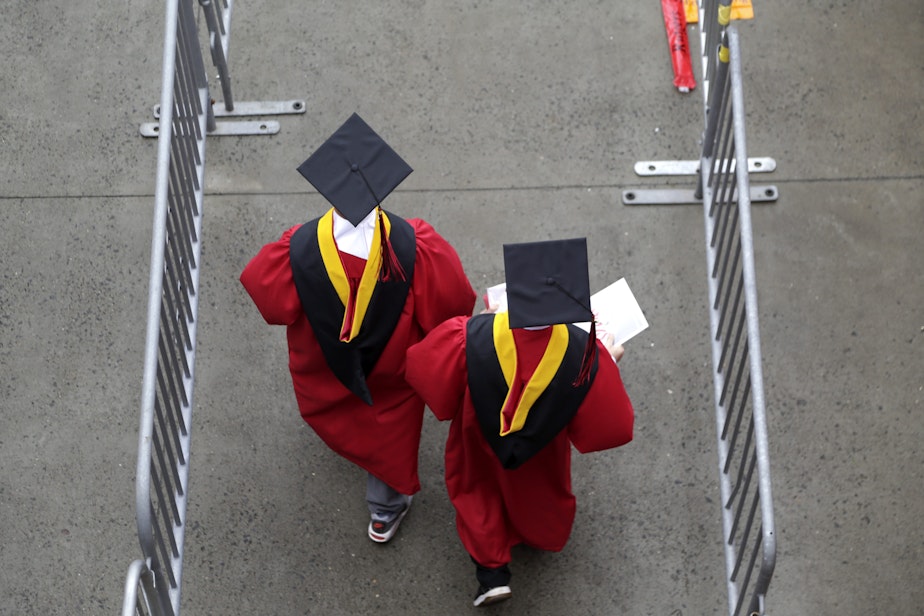The Trap Of Meritocracy

What has become of the common good? Political theorist Michael Sandel traces how meritocracy went from a satiric idea in the 1950s to a bedrock of American culture – and what we might have lost in its ascendance.
Guests
Michael Sandel, professor of government at Harvard University. Author of “The Tyranny of Merit.” (@JusticeHarvard)
From The Reading List
Excerpt from “The Tyranny of Merit” by Michael Sandel
Sponsored
Excerpted from TYRANNY OF MERIT: What’s Become of the Common Good? by Michael J. Sandel. Published by Farrar, Straus and Giroux. Copyright © 2020 by Michael J. Sandel. All rights reserved.
The Guardian: “Michael Sandel: ‘The populist backlash has been a revolt against the tyranny of merit’” — “Michael Sandel was 18 years old when he received his first significant lesson in the art of politics.”
New York Times: “Disdain for the Less Educated Is the Last Acceptable Prejudice” — “Joe Biden has a secret weapon in his bid for the presidency: He is the first Democratic nominee in 36 years without a degree from an Ivy League university.”
Financial Times: “Why meritocracy isn’t working” — “Several years ago, a wise colleague wrote a wonderfully contrarian column arguing that no organisation should hire more than a few very clever people.”
Harvard Magazine: “No One Deserves a Spot at Harvard” — “The British sociologist Michael Young coined ‘meritocracy’ in 1958 in the title of a satire, The Rise of the Meritocracy, which purported to look backward from 2034 at a dystopian United Kingdom on the brink of revolution.”
Sponsored
New Yorker: “A Political Philosopher on Why Democrats Should Think Differently About Merit” — “Looming above America’s present struggles over injustice and inequality is the sense that certain self-mythologies are beginning to evaporate.”
New York Times: “Are We All in This Together?” — “Mobilizing to confront the pandemic and, eventually, to reconstruct the shattered economy, requires not only medical and economic expertise but also moral and political renewal. We need to ask a basic question that we have evaded over these last decades: What do we owe one another as citizens?”
This article was originally published on WBUR.org. [Copyright 2020 NPR]
